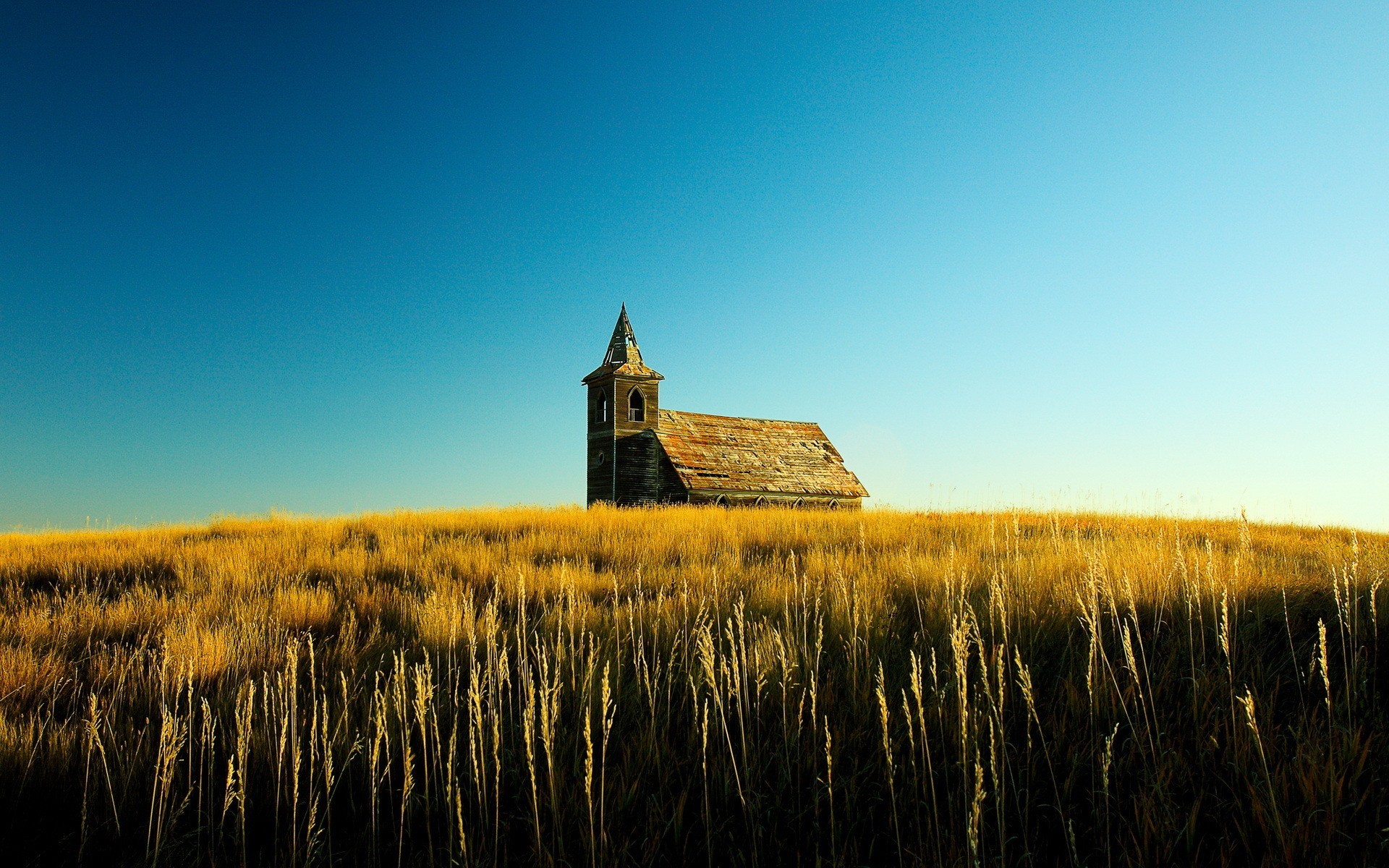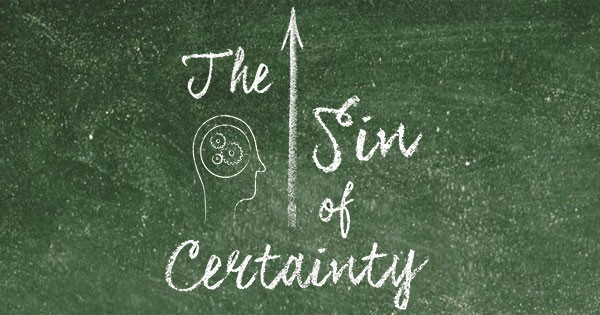Ms. Nature: Reading Journal on ‘Miracles’
I’ve read a fair amount of nature writing. In much of it, Nature emerges as a living “entity,” vast, interrelated, wild, something we’re part of and should reverence.
But nowhere have I read an homage to Nature that grabs me by both ears and jerks me to attention like this one by a theologian/philosopher who’s making a case for the inbreaking of the miraculous:
Nature is by human (and probably by Divine) standards partly good and partly evil. We Christians believe that she has been corrupted. But the same tang or flavour runs through both her corruptions and her excellences. Everything is in character… The horrors of parasitism and the glories of motherhood are good and evil worked out of the same basic idea…
You must go a little away from her, then turn round, and look back. Then at last the true landscape will become visible. You must have tasted, however briefly, the pure water from beyond the world before you can be distinctly conscious of the hot, salty tang of Nature’s current. To treat her as God, or as Everything, is to lose the whole pith and pleasure of her. Come out, look back, and then you will see… this astonishing cataract of bears, babies, and bananas: this immoderate deluge of atoms, orchids, oranges, cancers, canaries, fleas, gases, tornadoes and toads. How could you ever have thought this was the ultimate reality? How could you ever have thought that it was merely a stage-set for the moral drama of men and women? She is herself. Offer her neither worship nor contempt. Meet her and know her. If we are immortal, and if she is doomed (as the scientists tell us) to run down and die, we shall miss this half-shy and half-flamboyant creature, this ogress, this hoyden, this incorrigible fairy, this dumb witch. But the theologian tells us that she, like ourselves, is to be redeemed. The “vanity” to which she was subjected was her disease, not her essence. She will be cured, but cured in character: not tamed (Heaven forbid) nor sterilised. We shall still be able to recognise our old enemy, friend, play-fellow and foster-mother, so perfected as to be not less, but more herself. And that will be a merry meeting. (C.S. Lewis, Miracles)
I don’t pretend to have this passage mastered. But I notice the same reverence for the diversity, complexity, vastness, “life force,” economy of Nature that other more pantheistic writers see. In seeing Nature as something less than “the whole show,” Lewis isn’t reducing any of this. Seeing it as a created thing, rather than the only thing, doesn’t make it a mere screen for Something More Important behind it — or rather, behind her. This is far from an impersonal view.
Seeing Nature as fallen doesn’t make her worthless, either. Lewis isn’t afraid to make some moral judgments here. He views Nature’s “parasitism” as part of her corruption — which will eventually be redeemed. But I also notice that though he proclaims Nature fallen, he doesn’t condemn her. He acknowledges that the diseased, corrupted impulses in Nature will ultimately be transformed, but even now there’s glory in it… I suppose it’s not that different than Gerard Manley Hopkins’ “Pied Beauty,” where the “dappled things” “Father forth” the glory of God.
I guess what I’m responding to here is the reality that a Christian perspective isn’t constricted, condemning, despising of anything in this fallen world. If you believe it’s created and will be redeemed, it’s all glorious.
Edited to add: One clarification. I said Lewis appreciates the economy of Nature. In someone like Mary Austin or Wendell Berry, that means Nature uses everything, even decay, to produce life. Lewis wouldn’t contest that; he speaks of Nature as a supremely accommodating “hostess,” able to adapt to anything — even interruption by the miraculous. But he also speaks of Nature’s great “waste” — the grinding up and spitting out of life. So probably it’s more accurate to say he values Nature’s “adaptability” rather than her “economy.”


